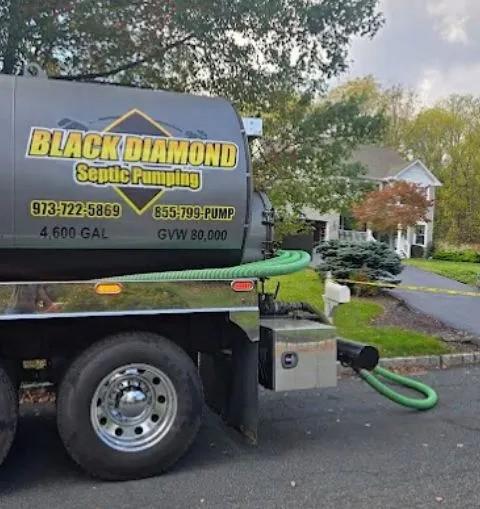The Ultimate Guide to Paving with Asphalt in New Jersey

Asphalt paving is a popular choice for homes and businesses in New Jersey because it lasts a long time, is cheap, and can be used in a lot of various ways. If you're thinking about paving a public road, a parking lot, or a driveway, knowing how the process works and what the benefits are will help you pick the best solution for your property.
What does it mean to cover with asphalt?
People often call asphalt "blacktop." It is made out of gravel, sand, and crushed stone combined with a petroleum-based binder called bitumen. When heated and placed down, asphalt provides a smooth, long-lasting surface that can handle high traffic and poor weather. It can manage changes in temperature because it is flexible. This makes it great for New Jersey's weather.
Benefits of asphalt paving in New Jersey
1. A fix that doesn't cost too much
Asphalt costs less than concrete or pavers, but that doesn't change how effectively it functions. People who own homes and businesses both appreciate it because it's cheap to put in and doesn't need much maintenance.
2. Lasts a long time and is strong
If you lay asphalt down correctly, it can last for 20 to 30 years. It doesn't crack or get potholes if you take care of it, which is especially crucial in New Jersey where the winters are cold and the roads are salted.
3. Quick Setup
One positive thing about asphalt is that it goes down rapidly. A normal driveway can usually be paved in a day or two, so homeowners may use it right immediately.
4. Easy to Take Care Of
Asphalt is easy to care for. Fixing cracks straight once and sealcoating every few years will make the pavement survive longer and look nicer.
5. Attractive Looks
Adding a fresh layer of asphalt to your property makes it look sleek and professional, which makes it more desirable from the street, whether it's a home or a company.
How to Put Down Asphalt Paving in New Jersey
Step 1: Prepare the place
The area must be clear of debris, vegetation, and old pavement before paving can begin. When water drains away from the surface, it stops damage from happening in the future.
Step 2: Putting in the bottom layer
A layer of crushed stone or gravel is laid down to make the foundation stable. This base stops the asphalt from breaking or settling in the future.
Step 3: Laying down the asphalt
Hot mix asphalt is poured over the base and rolled over with rollers to form a smooth, equal surface. How thick the asphalt is will depend on how much traffic it gets and how it will be used.
Step 4: Sealcoating and letting it cool
After it is laid down, the asphalt cools and hardens. When you put on a sealant, it protects the surface from the elements, makes it last longer, and gives it a dark, even finish.
How to Choose the Best Asphalt Paving Company in New Jersey
Choosing a Asphalt Paving New Jersey with a lot of experience and a reputable name is quite crucial. Look for businesses that are licensed, insured, and have high reviews. Get specific bids and make sure they utilize good materials and complete the job right.
Things to think about before you pave
• Weather: The greatest periods to pave are usually in the spring or fall, when the weather is nice.
• Traffic Load: Decide how much traffic you expect so you can choose the correct thickness and reinforcement for the asphalt.
• Budget: Get estimates from a few different contractors to get the best balance between price and quality.
The end
For many projects, paving using asphalt in New Jersey is an inexpensive, long-lasting, and good-looking choice. Property owners may safeguard and improve their investment by learning about the benefits, how to install it, and how to take care of it. If you own a home or a company and need trustworthy asphalt solutions, hiring a trusted local contractor will make sure the job is done well and will last.
- Art
- Causes
- Crafts
- Dance
- Drinks
- Film
- Fitness
- Food
- Games
- Gardening
- Health
- Home
- Literature
- Music
- Networking
- Other
- Party
- Religion
- Shopping
- Sports
- Theater
- Wellness


